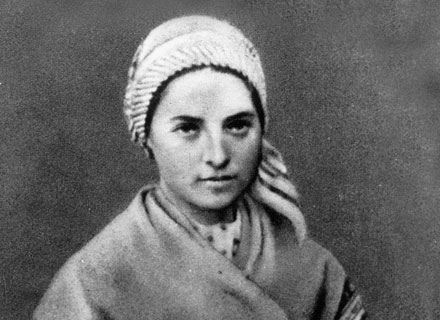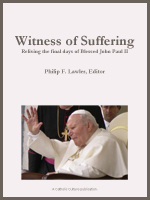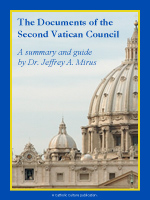
St Bernadette grew up uneducated, undernourished, and asthmatic
The eldest of nine children, only four of whom survived childhood, Marie-Bernarde Soubirous (1844-79) was born at Lourdes, in the foothills of the Pyrenees. After her father, a miller, lost his job in 1854, the family was exposed to the direst extremes of poverty.
"Bernadette" grew up uneducated, undernourished, and asthmatic, obliged to work as a waitress and a farmhand. The little girl spoke in a Basque dialect, and could scarcely read or write. She did, however, imbibe from her parents a deep Catholic devotion.
By 1856 the Soubirous were living in an abandoned prison cell which stank of sewage. On February 11 1858 Bernadette, with her sister, Toinette, and a friend, went to gather firewood. In a grotto beside the river Gave, at a place used as a watering hole for pigs, she saw a vision of a "Lady" wearing a white dress, a blue girdle and a yellow rose on each foot.
Bernadette's companions saw nothing, and she herself wondered whether her experience had been an illusion. Three days later, though, she returned to the grotto, and again saw the apparition.
On February 18, her third visit, the vision spoke for the first time, asking for her presence over the next fortnight. Next day, the Lady instructed Bernadette to tell the priests to build a chapel at the grotto.
Crowds began to gather to witness the phenomenon of the small girl in ecstasy. The police, concerned, interrogated Bernadette, who related her experiences with clarity and conviction.
Local interest quickened after the Lady told Bernadette to drink from a muddy trickle in the grotto. By the morrow the trickle had turned into an active spring.
On March 4, at the end of the prescribed fortnight, a crowd of 10,000 gathered to watch Bernadette. In fact, she would experience three more apparitions, bringing the total to 18. Chivvied by the parish priest, she insisted that the Lady should give her name. "I am the Immaculate Conception," came the reply, in perfect Basque dialect.
Spectators saw the flames of a candle lick Bernadette's fingers for a quarter of an hour without producing any effect.
"I do not promise to make you happy in this world but in the next," the apparition had told her.
In 1866 Bernadette entered a convent in Nevers where she suffered much from an unsympathetic mistress of the novices. Her character, however, remained a rare blend of simplicity and strength until, at 35, her frail health finally gave way.
She refused suggestions that she should return to Lourdes. "They think I'm a saint," she observed. "When I'm dead they'll come and touch holy pictures and rosaries to me, and all the while I'll be getting boiled on a grill in purgatory."





